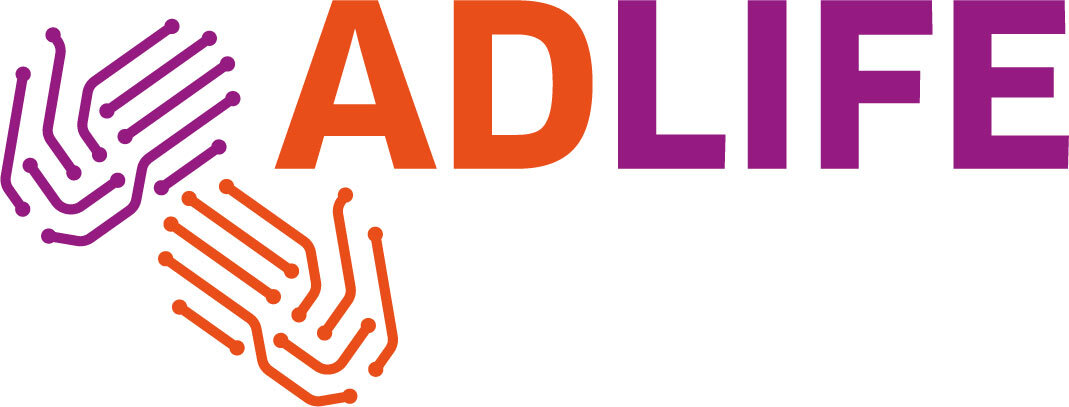Understanding and addressing the challenges of Advance Care Planning
In this blog, our Kronikgune partners introduce us to the concept of Advance Care Planning and explain how the ADLIFE project is trying to understand the barriers to its implementation in the health care system with the support of Dr Fiona Tulinayo and her study.
Advance care planning (ACP) offers people the opportunity to plan their future care and support, including medical treatment, while they have the capacity to do so. It makes the difference between a future where a person makes their own decisions and a future where others may make them for them.
One of the challenges addressed within the ADLIFE project is to put ACP into practice as it can be important for continuity of care with disease progression. It is important to do this as soon as possible to empower patients in making decisions when they are clinically stable and at a stage when they can reflect.
ADLIFE has had the pleasure to collaborate with Dr Fiona Tulinayo, a lecturer from the Faculty of Computer and Information Science at Makerere University in Uganda. Dr Tulinayo worked alongside the team in Kronikgune for 6 months and is now continuing her research with promising scientific contributions from her University in Uganda.
This collaborative opportunity was made possible through the "Ellas investigan" program of the Woman for Africa foundation and Dr Tulinayo’s research is based on the envisioned care model of ADLIFE.
Her research explores how patients, relatives and the care team members collaborate to create an advance care plan, how their knowledge about disease progression or future care is shared or withheld. While many research groups have sought to understand such knowledge exchange in broader contexts such as integrated care or for other diseases, we believe this is the first time that modelling the knowledge management process of such end-of-life interactions in this population has taken place. It is anticipated that the results could suggest digital approaches, social interventions or organisational policies to enhance these processes.
Following a comprehensive literature review of the barriers and facilitators, Dr Tulinayo designed a visual-thinking strategy using sticky notes to explore and identify the challenges, causes and consequences when engaging in advanced care planning identified by different health care professionals and managers from Osakidetza. A number of the ADLIFE Kronikgune team acted as facilitators for the event. Ana Ortega-Gil, together with Dr Tulinayo were responsible for presenting the purpose and context of the activity while Irati Erreguerena and Lola Verdoy led the group of health care professionals and Nerea González and Bárbara López led the manager group. The final activity saw all participants and facilitators collaborate to prioritise main three challenges, causes and consequences associated with advanced care planning. A deeper insight of these 3 main challenges, focusing specifically on their implementation, was gained through participant interviews.
ACP within the ADLIFE digital platforms
Most of the ACP-related digital aids will be implemented in the PCPMP, the practitioner-driven platform, and will guide practitioners to assess participants’ decisional needs, provide decision support interventions (clinical counselling, patient decision tools, decision coaching) and co-create the Advance Care Plan.
Using the Patient Empowerment Platform (PEP), the patient will be able to ask to start an ACP, approve the sharing of the plan, and once finished to see the summary.
This process is being led by Ana Ortega-Gil, who has involved the different Pilot Sites in the choice of priority points of action and in the process of customising these to ensure their integration within existing standards of care for personalised advanced care planning in local healthcare systems. Such customisation has been made possible through the efforts of the ADLIFE platform development Partners: SRDC; University of Warwick and NTTDATA.
In the broader context of ADLIFE we could say that the ACP is the "the icing on the cake" of the ADLIFE care model. It facilitates the provision of continuous care provided through dynamic care plans across the patient’s illness trajectory, as more difficult and complex decisions have to be made.






